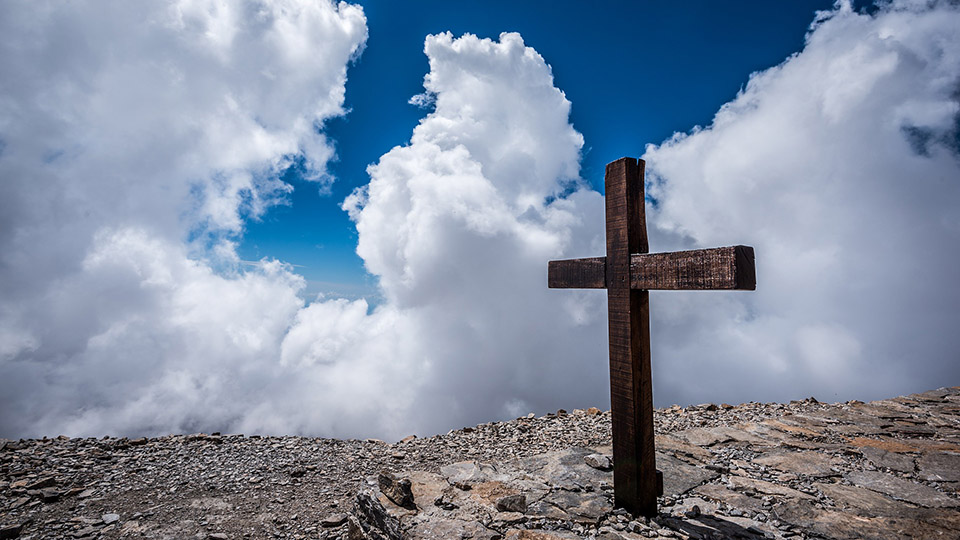
“Now as they were eating, Jesus took bread, and after blessing it broke it and gave it to the disciples, and said, ‘Take, eat; this is my body. And he took a cup, and when he had given thanks he gave it to them, saying, ‘Drink of it, all of you, for this is my blood of the covenant, which is poured out for many for the forgiveness of sins. I tell you I will not drink again of this fruit of the vine until that day when I drink it new with you in my Father’s kingdom. And when they had sung a hymn, they went out to the Mount of Olives.” -Mathew 26:26-30
Dear Friends:
Ordinarily, we do not refer to the day someone is unjustly convicted, severely tortured, and brutally murdered as a “good” day; but that is exactly what we, as Christians, do each and every year on Good Friday.
I have often considered the expression “Good Friday” to be somewhat disingenuous—a mere phrase we use to avoid the realities of that dark and somber day, including the role our sin played in its dramatic conclusion. I have even wondered if “Bad Friday” would be a better expression so that we might be stirred to acknowledge the weight of our sin and the price our Lord, Jesus Christ, had to pay in order to secure our verdict of innocence.
That was until I came across the following sermon by Charles Haddon Spurgeon that redirected my focus and, in short, reminded me that Good Friday is a festival, not a funeral—a day when our sins, past and present, were absorbed by the finished work of Jesus Christ upon the cross.
I hope this sermon excerpt blesses you, as it blessed me, during this Good Friday and Easter Sunday.
He is risen! He is risen, indeed!

Vince Torres
President and Executive Director
Delivered by Charles Haddon Spurgeon on September 7, 1890:
“The Lord of life and glory was nailed to the accursed tree. He died by the act of guilty men. We, by our sins, crucified the Son of God. We might have expected that, in remembrance of his death, we should have been called to a long, sad, rigorous fast. Do not many men think so even to-day? See how they observe Good Friday, a sad, sad day to many; yet our Lord has never enjoined our keeping such a day, or bidden us to look back upon his death under such a melancholy aspect.
Instead of that, having passed out from under the old covenant into the new, and resting in our risen Lord, who once was slain, we commemorate his death by a festival most joyous. It came over the Passover, which was a feast of the Jews; but unlike that feast, which was kept by unleavened bread, this feast is brimful of joy and gladness. It is composed of bread and of wine, without a trace of bitter herbs, or anything that suggests sorrow and grief. The bread and the cup most fitly set forth the death of our Lord and Saviour, and the mode of that death, even by the shedding of his blood; but as they stand before us now, they evoke no tears, they suggest no sighs.
The memorial of Christ’s death is a festival, not a funeral; and we are to come to the table with gladsome hearts, ay, and go away from it with praises, for ‘after supper they sang a hymn.’” (Sermon No. 2248)